Over the past two years I have slowly been transitioning into a trail ultra runner. As a professional musician I have been amazed at how many skills I learned as a musician translated into trail running. Growing up, it was implied that the arts and sports are diametrically opposed to each other. This is not true! I am a better runner because I am a musician and I am a better musician because I am a runner. Here is why:
Whether running trails or playing an instrument, your groove will sustain you. Groove is the safety net that you can lean on. Groove is the pocket that gives you parameters. Groove is the source of energy that allows you to keep going even when you are exhausted. Groove is on your side. As a double bassist I am so thankful for the drummers I have played with because they have taught me how to groove and by extension, run with endurance. When I’m struggling on a run, one of the things that helps me get out of a mental funk is trying to capture the feeling of grooving with a drummer. If I can get my body in that state, I can finish the run.
Pain and fear are twins. I feel fear when I perform and I feel pain when I run. Each feeling is valid. I can depend on each feeling showing up when I engage in those two activities. They are some of my oldest and closest friends. When I was younger I tried to get rid of pain and fear. I was discouraged when they showed up. I found that when I tried to push pain or fear away, I wasted energy that I could have been putting into performing. When I embraced pain or fear I found that I tapped into a source of energy that heightened my senses and helped me focus. They are persistent. They will not go away. The sooner you name them and face them, the sooner you can get back to work. They are a part of the process, as consistent as the sun rising each morning. Fear and pain are also terrific dance partners.
Running is a dance. Our bodies were made to move. One day in a lesson with my bass teacher we were talking about audiences. He told me that “if they ain’t movin’, you ain’t groovin!” I really like that. The goal of music is to groove, to make people move in some way. Running is similar. Watch any of the great runners run. Watch Eluid Kipchoge or Kilian Jornet run. They are dancing. It can be a miserable trudge if you aren’t dancing.
What’s your plan for when you are running uphill, into the wind, on a sheet of ice, with rocks jutting out everywhere? For me, it’s the same plan that I have when I’m performing and everything is going wrong. I focus on what I can control, put my head down, and will myself to get through it. It can’t always get worse.
Nothing comes for free. Running an ultra-marathon or winning a job in an orchestra comes at a high price.
The success or failure of a run or a performance happens first in your mind.
Our culture pushes away pain and feelings. But in music and running, you lean into them. Pain and fear are your sources of strength. Our culture is obsessed with comfort. It’s the reason suburbs exist. It’s the reason why there are companies that scoop up other people’s dog poop. With all of these comforts around us, it seems to me that as a whole, our culture is miserable. Instead of shying away from pain and discomfort, lean into it. I find joy and peace when I push the limits of myself. It’s counterintuitive and it does not come easy. But it works. Comfort is the enemy.
Our bodies will not last forever. Being able to run is a gift. Being able to play an instrument is a gift. If these gifts are yours to borrow, enjoy them as much as you can.
Music owes you nothing. Running owes you nothing. The joy is in the process, not in the outcome. We cannot control the outcome but we can control the process. The universe does not care how much you have sacrificed.
Both runners and musicians are athletes. Runners are athletes of the large muscles and musicians are athletes of the small muscles. Approach learning how to run farther and faster in the same manner as you approach learning an instrument and vise versa. Both require discipline and muscular training. Therefore you learn to treat your body with respect. You are asking it to do really hard things and you need to respect its effort, fuel it properly, and treat it kindly.
If you can endure the pursuit of a career in the arts, you can run long distances and vise versa. The source that enables you to do both of those things comes from the same place.
Everything takes patience. Fitness takes time and it takes many hours to become good at an instrument. Through both processes, you learn patience.
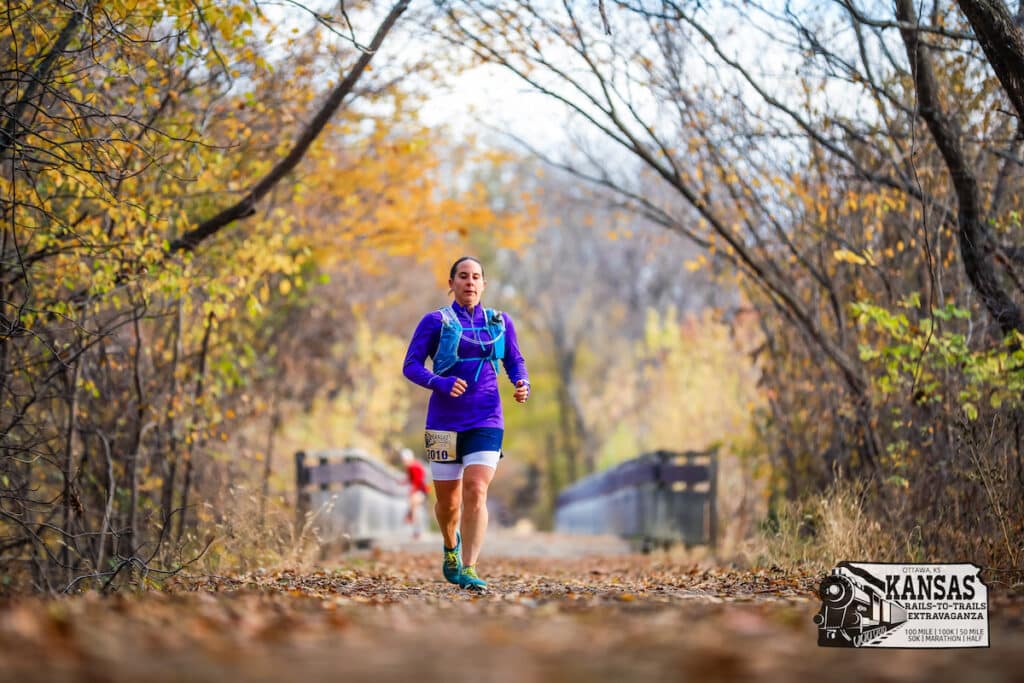
The last workouts before a race and the last rehearsal before a performance should be shitty. If they aren’t, then chances are the day of the race or performances will be terrible.
If you aren’t relaxed, you cannot play fast or for a long time. If you aren’t relaxed you cannot run fast or for a long time. In fact, I’m betting that you cannot do anything fast or for a long time if you aren’t relaxed.
At some point in running or in music you have to decide how far you are going to take this thing. When you run a 5k, will that be enough or will you have to work your way up to a 200 miler? When you play in a community orchestra, will that be enough or will you have to work your way up to the Berlin Philharmonic?
The higher up you progress, the more expensive it will get. The longer distances you run the more you will have to spend on things like food, shoes, chiropractic/ massage assistance, gear, etc. The further along you progress in the music industry, the more you will have to spend on supplies, repairs, education/ lessons, clothes, etc. There is a mental and physical cost to both of these pursuits as well as a financial one. Realize that before you commit yourself too far.
Some runs are failures. Some performances are failures. It’s a part of the process. What matters the most is that you learn from the failure and get back to work tomorrow. Always focus on relentless forward progress, even if it seems slow and minuscule. If you aren’t failing, how hard are you really trying?
It takes small steps to be excellent at running or music. Small steps, over time, quickly add up. It takes showing up, day after day, no matter the cost. Even when it’s hard, even when it’s difficult and painful, even when you have blisters, even when your legs are dead, even when your heart isn’t in it that day; keep showing up.
Magic happens in solitude. Magic happens when you are by yourself in a tiny, white walled practice room. Magic happens when you are by yourself, slogging along a trail. Yes, we need people to support us. Yes, having a team is helpful. However, don’t underestimate what can happen when you are by yourself. Don’t shy away from being alone with your thoughts. It’s hard to train your mind when you allow yourself to be constantly surrounded by noise.
At a certain point you have to stop deciding. Once you make the decision to stick to a training regimen or a practice routine, it no longer becomes a question everyday whether you will lace up your shoes or take your instrument out of its’ case. Don’t let yourself change your mind because of your level of fatigue or lack of motivation. Turn your brain off and put on your shoes; the decision has already been made. Regret lasts a lot longer than emotions.
Feelings are good but they cannot always be trusted. You can’t always control feelings, but you can control how much they affect you. Sometimes you need to engage with feelings; other times you need to ignore them. Learn to know the situations in which either path will serve you the best. If you can master your emotions, you can master just about anything.
It’s a weird dichotomy. There are times when you need to be in tune with your body. Any small amount of pain or discomfort needs to be addressed immediately- a change of gait, shoulder position, etc. Sometimes you also need to ignore your body. Sometimes you need to block everything out in order to get the job done. Knowing which path you need to take requires maturity.
If you don’t bring intention to the mile that you’re in or the measure of music that you are playing it will negatively affect future miles and future measures. Run the mile you are in, play the note you are currently playing. Don’t stress about mile 29 when you are running mile 7. Focus on mile 7 and you will make it to mile 29.
You will need a large mental tool box. Different situations will require different mantras, stress relieving techniques, and coping skills. Mental strength is not one size fits all. You need as many tools as you can acquire. For example, I have about 30 different mantras at my disposal that I use both when running and playing bass. If one isn’t helping me get through a tough section of a run, I whip out another one. If it’s two hours before a major performance and my mind is going to dark places, I sift through the tool box to find something to help me cope with the anxiety.
Most of the time when I tell people I am a musician or a runner, they respond with “Oh I wish I could play an instrument” or “I would run but I have such and such an ailment.” I find those responses interesting. It seemed like the person felt guilt over not running or playing an instrument when nothing I had said implied that guilt was necessary on their part. Perhaps deep down, humans know that making music and moving our bodies is our natural state. Our primordial selves are bent towards art and movement. Maybe being reminded of that by someone who pursues those activities illicit guilt from someone who is living contrary to their nature. But I could be full of bullshit.
You have to know who you are before you toe the line of a race or walk onto a stage. The performance or the race cannot tell you who you are. They can show you new aspects of yourself but your very core, your very essence, has to be discovered before you start. One of my mantras is “with or without this run, I know who I am.”
It’s better not to think of any performance or race as the climax of your career. It puts too much pressure on the event. It may very well be the climax of everything you have worked for for decades but it’s best not to dwell on that. Besides, life is a journey and whether you fail or succeed, there is always something beyond a single performance or race.
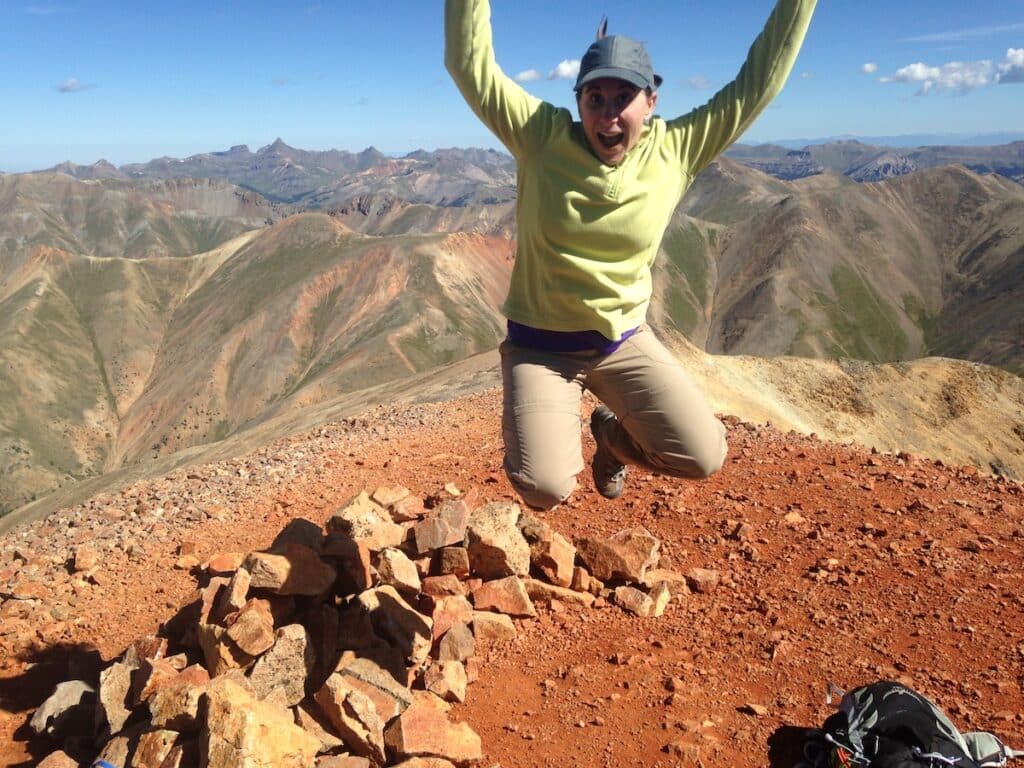
I don’t have concrete answers to “why”. I run and make music because it feels like something I should do. Like maybe my humanity is dependent upon these pursuits. Maybe with all the chaos and hate in the world, I need to remind myself that I am human and frail and emotional and that other people are too. No matter who you are, running 50 miles hurts. In some ways people are different from each other but in so many other ways, we are the same. Music and running reminds me of that.
Arrogance will get in your way. You have to respect the difficulty of a Paganini Caprice. You have to respect the distance of a 17 mile run. To go into a practice session or a run thinking “I’m experienced and this is easy,” is a precursor to failure. There is a fine line between arrogance and confidence. What will keep you on the side of confidence is the amount of respect towards what you are attempting.
Running and music produce the highest highs and the lowest lows. The highs are sweet elation and the lows are deeply dark. You don’t have one without the other. During seasons of low after low I remind myself that this is better than trudging through life at a consistent level. Too much consistency is boring! Life is more fun when you are failing because eventually, if you continue down the path, you will succeed. Failure and success are on the same road; success is just further down the road.
Life is significantly more fun when you are chasing something that is just beyond your grasp. I have found that when I’m lying in bed at night thinking “I might be out of my league here,” that is my confirmation that I am on the right track. Find a goal that is out of reach but not too far beyond your reach. Life will have greater purpose, your mind will be more focused, and the process will be more rewarding.
During times of discouragement when you are thinking “I wish I was better at this,” remind yourself that while you may not be as far along as you would like, you are further along than when you started. One of the best pieces of advice I heard when I started running was “fitness takes time.” It can also be said “musicianship takes time.”
Training for a race is like preparing for a recital. Every moment of your day leading up to the big day is based around the end goal. Sacrifices are made because the priority is in place. That’s the main reason why post-race and post-recital blues/ melancholia/ grumpies are a common experience. After the race or performance is done, you are left with “now what?”
Running 30 miles is like playing in Db major. Each time I do it, I have to remind myself how to do it. No matter how many times I play in Db or run 30 miles, it’s still a struggle.
Along the journey there will be people who are secretly happy when you struggle. Who are delighted when you sustain a running injury because that proves that running is bad for your body. Who also are smug about failures in your music career because they told you that a sustainable career in the arts was impossible. Ignore those people. They are jealous.
A question I often ask myself is “Do I have what it takes?” Do I have what it takes to do this training run outside when it’s -10 degrees? Do I have what it takes to take up space in this rehearsal room where I am the only female? Do I have what it takes to finish this race even when I’ve been vomiting for the last three hours? Do I have what it takes to persevere in an industry as brutal as the music one? Do I have what it takes to not back out of this race even when I feel extremely undertrained? Do I have what it takes to groove with this drummer? Do I have what it takes to make it to the top of this mountain? When I ask those questions, I go from a mindset of working to prove myself to others to a mindset of proving myself only to me. That shift changes everything.
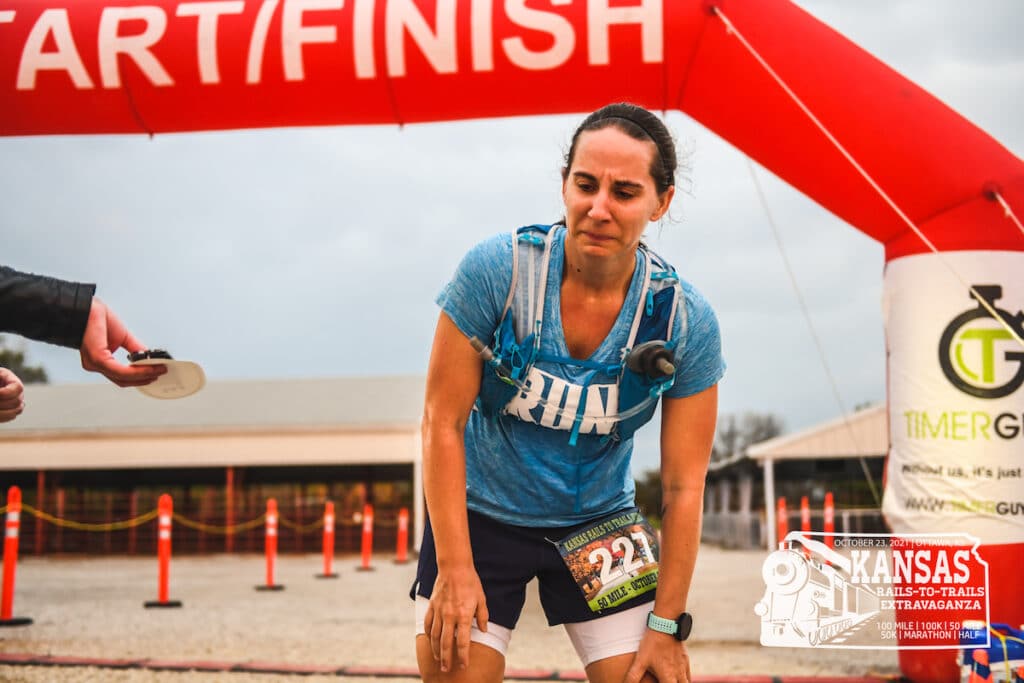
Being in tune with the slightest changes in your body is so important. Pursuing music and running will give you an insight and connection with your body that very few other people will experience.
There is an addictive quality to music and running. The more I have, the more I want. The more I play bass, the more I want to play bass. The more I run, the more I want to run. The more I perform, the more I want to perform. Human nature is never satisfied.
There isn’t one magic fix that will solve all of your problems. Getting the bridge or sound post adjusted on your bass won’t fix all of the response issues. Buying new running shoes won’t solve all of your aches and pains. Putting on a new set of strings won’t solve all of your tone dilemmas. Taking ice baths won’t solve all of your recovery problems. It takes a magic cocktail of many factors to achieve your goals. In my opinion, that’s a big part of the fun of these pursuits- tweaking different things and seeing how your body or instrument responds and what combination of adjustments will help you achieve your aspirations. Experimenting can give you a greater insight into your body and your instrument.
The more physical fitness you have or the more technique you have on your instrument, the more freedom you possess.



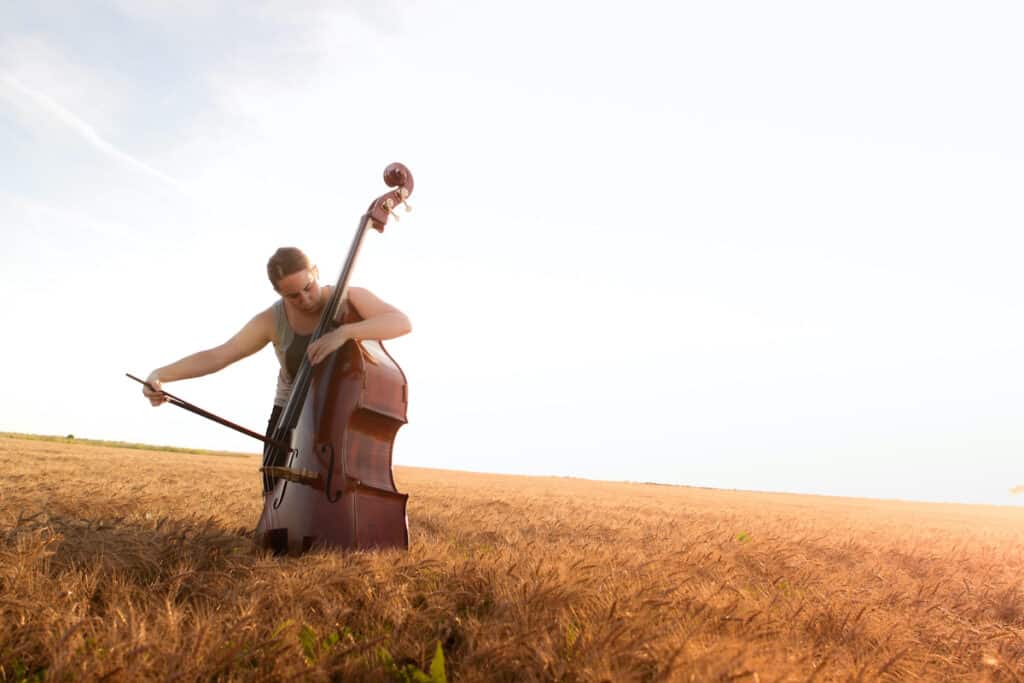

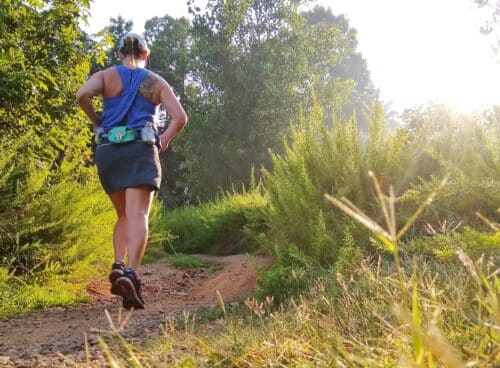


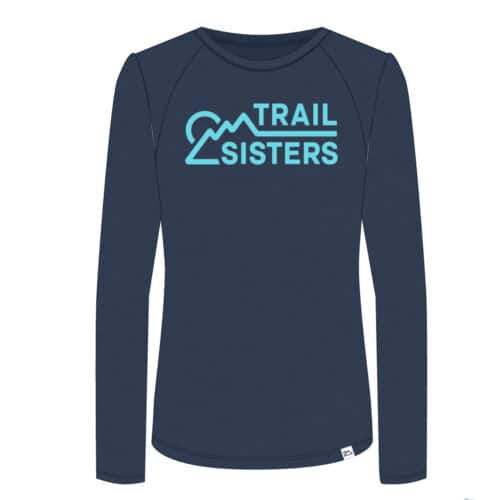
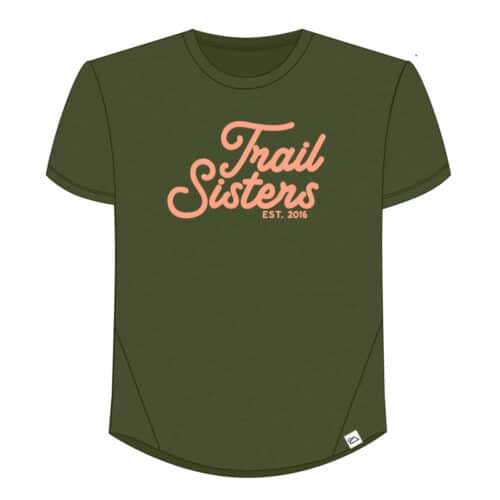
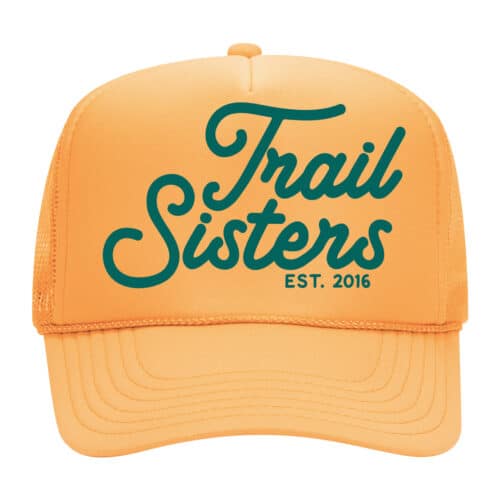
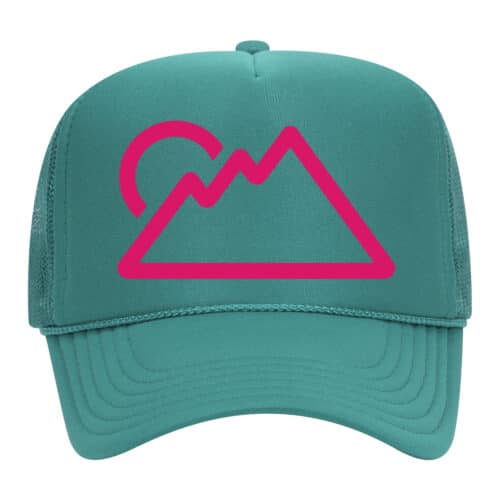
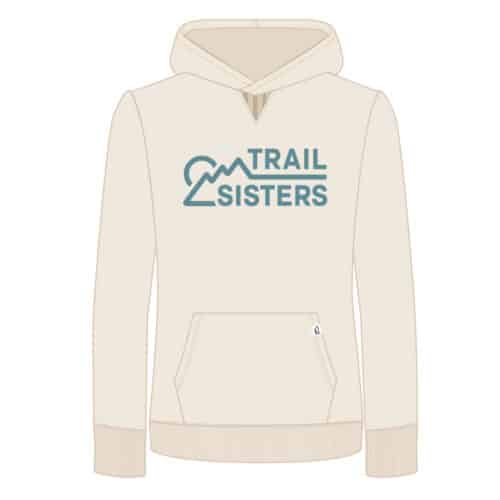
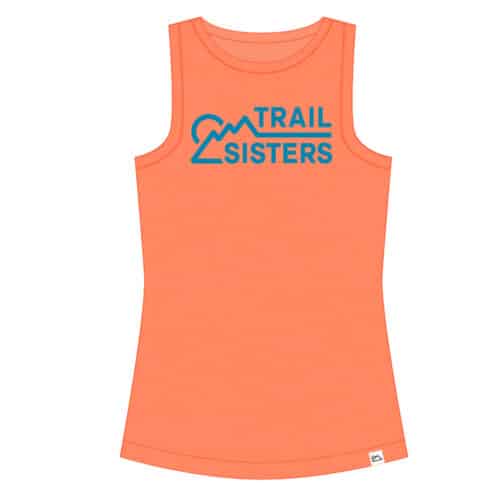


One Response
Yes!
Thank you.